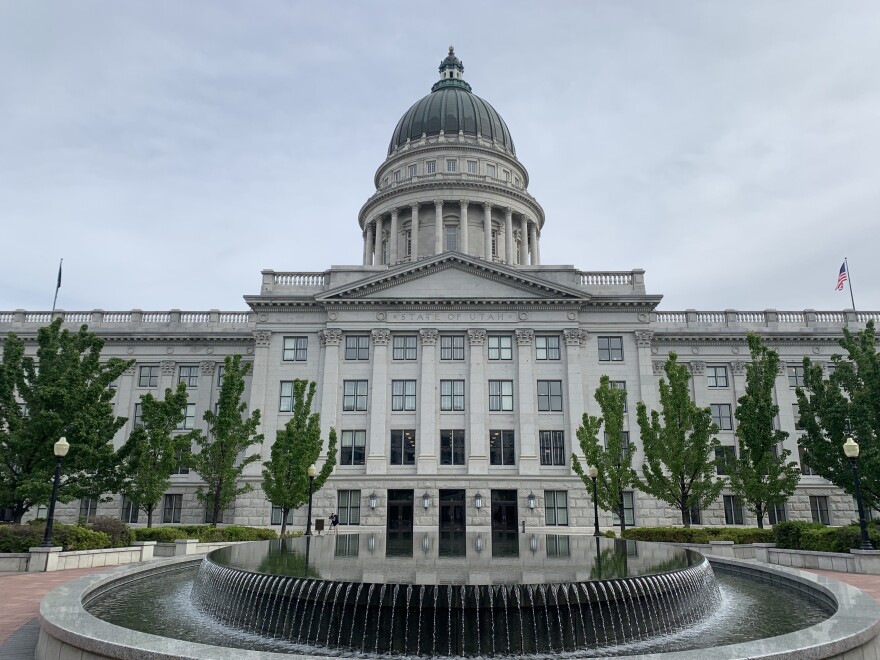Lawmakers and tax experts tasked with restructuring Utah’s tax code laid out a vision on Thursday evening that includes plans for accepting public input in the coming months.
The 14-member Tax Restructuring and Equalization Task Force did not take any public comments at the meeting, which was largely ceremonial. Task force members discussed the state’s problem of lagging sales tax revenue. They also adopted a purpose statement and charted out eight town halls around the state during June and July to solicit public input.

Gov. Gary Herbert had called for a special session in late summer to pass a tax reform package, but that timeline seems less likely with the task force’s scheduled town halls wrapping up July 30. After that, the body will hold a series of meetings to narrow down the proposals they want to move forward with, said Sen. Lyle Hillyard, the task force’s co-chair.
“We have no idea where this will finally end up,” the Logan Republican said. “We may get in these town halls and hear some new ideas we haven’t thought about before.”
Echoing a statement Herbert made last week, Hillyard said he is “more concerned with doing it right than doing it fast. But I know,” he added, “once you get started, you wanna get it done.”
Lawmakers say they must act to restructure Utah’s sales tax, which funds all government services besides education. Revenue from the sales tax is not keeping pace with the state’s growing population and economy.
According to a statement adopted by the task force, “a constrained sales tax base will negatively impact important funding priorities such as transportation, water, air quality, law enforcement, recreation, and health care” if the issue is not addressed.
Republican leaders tried to pass a hefty tax reform package during the general legislative session earlier this year, but the bill was tabled after it met stiff opposition from taxpayers and businesses across industries.
At one point during the meeting, Democratic Rep. Joel Briscoe suggested that the task force should examine the state’s spending as much as the way it collects revenue.
“I’m going to have a hard time voting to put new taxes on services or things that aren’t taxed right now if we don’t have a good look at what receives tax increments today (and) what we don’t tax,” Briscoe, D-Salt Lake City, said.
But the idea was quickly shot down by Republican lawmakers who wanted to focus on one issue at a time.
“The purpose of this task force is tax restructuring, not spending restructuring,” said Rep. Time Quinn, R-Heber. “This is about revenue — who we collect it from and how we collect it.”
Some taxpayers are still wary of the Legislature’s crusade to change the tax code.
Dalane England with the group Utah Legislative Watch said she was “very disappointed” by the lack of both public comment and new information at the meeting.
“Outside of the (town hall) schedule, we did not learn anything,” she said.
The group is vehemently opposed to new taxes on services, which were proposed in the original bill, H.B. 441.
England argued that state spending has outpaced population growth and said lawmakers should consider cutting spending before making any changes to the tax code.
“That tells you the spending is out of control,” she said. “If you’re going to restructure the income, you need to be restructuring the output as well.”





